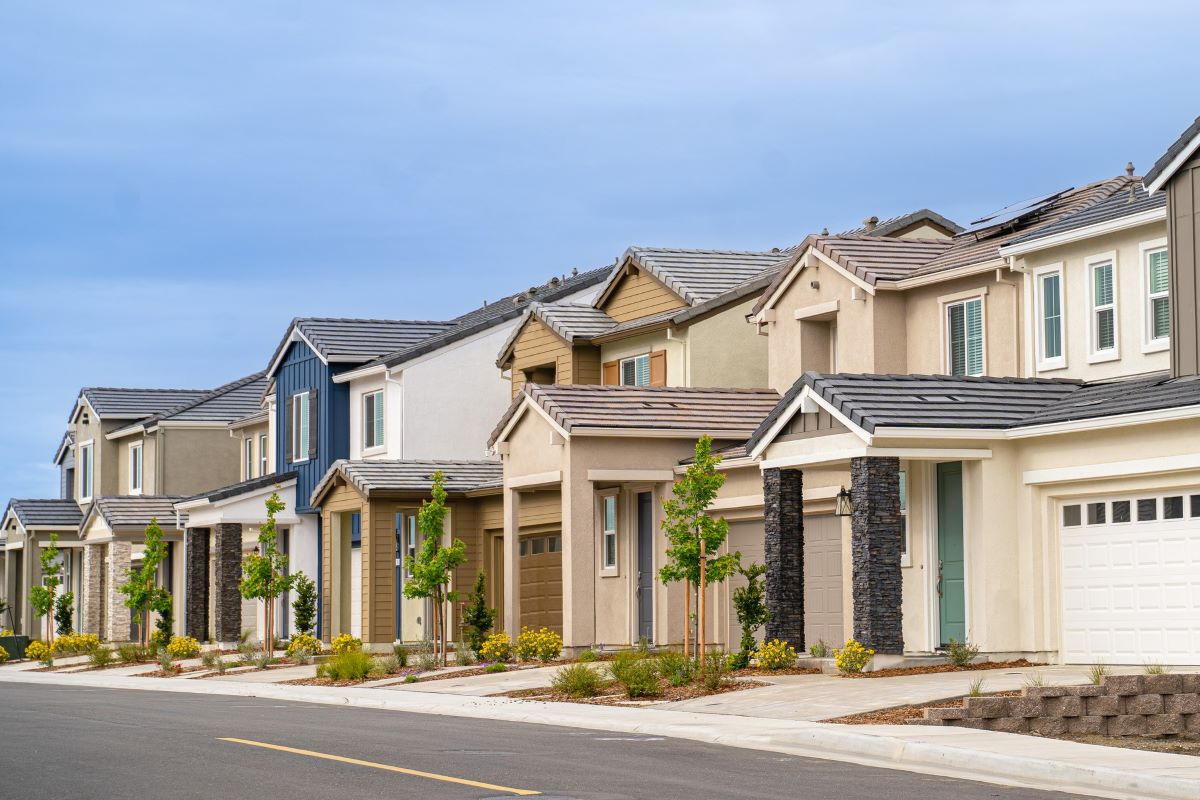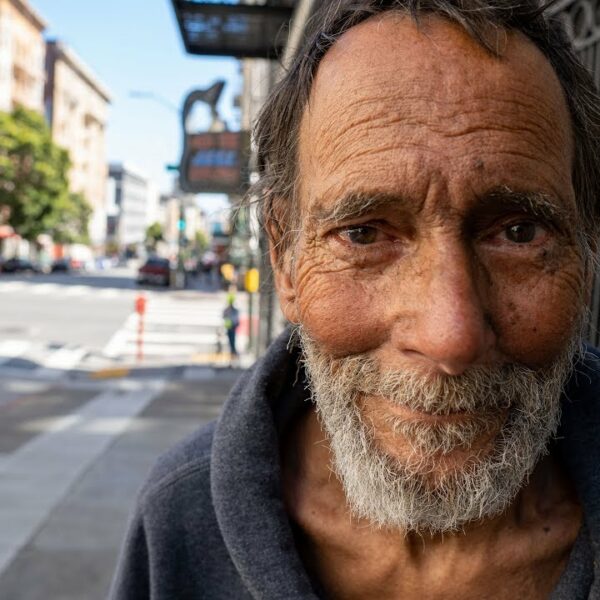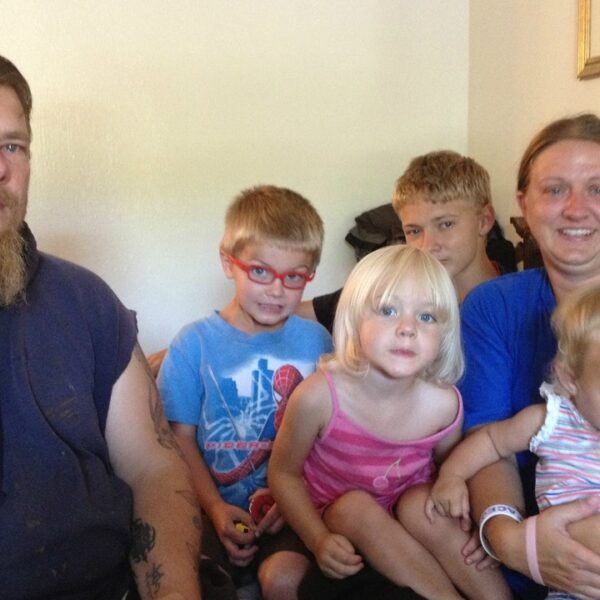Picture your city, suburb, or town in a state of near utopia. Safety and public health abound, and tax dollars flow freely to libraries, hospitals, and schools.
Imagine living in a place with equal access to opportunities, the byproduct of which happens to be low crime rates and high spending power. Picture security for seniors and eco-friendly spaces, lower asthma rates, and more available jobs.
This is your neighborhood with affordable housing, despite any myths the mainstream media has shared. Here is something to consider.
We view ourselves as individual entities navigating life all on our own. We see our surroundings and outcomes as being the result of personal decisions. This outlook certainly fuels consumerism, which, in turn, breeds a toxic version of capitalism. But, in the end, it’s not realistic.
The game of life is much more like Dominoes than it is like Solitaire. Like it or not, we are all connected, and that bit of space that exists between us can only remain if we are all upright and in balanced positions.
Our outcomes are the result of a collective of decisions that overlap. If the person next to you is tipping into homelessness, it is only a matter of time before you fall into hardships as well.
This is why it’s so important to care about all of humanity and to prioritize access to permanent, affordable housing whenever possible.
Housing is the Heart of Communal Well-Being
Studies show that when housing is sufficient, other necessary components of human rights fall easily into place – things like healthcare, education, job opportunities, etc. This circumstance is a cornerstone to building safer communities, as there are statistically lower crime rates in neighborhoods that aren’t laden with financial hardship.
In the words of nonprofit director Noreen McClendon, who discussed the issue with reporters from the New York Times, “Any time people’s basic needs are met, violence goes down.”
The opposite is also true. When basic needs go unmet, the inevitable consequence is more crime and less security.
The RAPID-EC project, conducted in 2020, concluded that families with four or more financial strains experienced distress at levels 60% higher than their peers in economically stable conditions. While money often doesn’t trickle down, the stressful effects of not having money do, creating a hostile environment for parents and children that can continue for generations to come.
The fact that we inherently know this and still refuse to prioritize housing highlights the disturbing aftereffects of toxic consumerism and individualism. Consider this: When did you last think of yourself as part of a community? When you think about the community that you live in, do you remember that people living unhoused are also your neighbors? You should.
Affordable, Available Housing Is the Number One Foundation for Creating Thriving Communities.
There are fewer narratives more harmful than the myth that affordable housing will somehow cripple the economy or the social standing of a community. The opposite of this is true. When housing is unaffordable, only a small, elite group of people, mostly comprised of corporate real estate moguls and wealthy private investors, prevails.
Mega-landlords want the general public to believe they are raising rental rates because they are suffering in our post-COVID economy due to accelerated inflation rates and higher maintenance costs. They present the case that they are raising rents because they have to and that if any community were to experience a surge in available, affordable housing, socio-economic woes for landlords and residents would surely follow. But this is not the truth.
In reality, mega-landlords have collectively increased their wealth by a whopping $24.4 billion since March 2020, and this has been at the expense of would-be renters and homebuyers like yourself. Entire cities, suburbs, and towns have gone through a collective trauma consisting of:
- Mass evictions
- Widespread homelessness
- Higher crime rates
- Higher stress levels
- Poorer test scores and education systems and much more
According to Forbes, this social fear of affordable housing is entirely unfounded. Communities flourish when homes are reasonably priced in all of the following ways:
- Steady rental rates with fewer vacant properties
- Increased quality of healthcare and nutrition
- Increased spending power, which means more money gets funneled back into the community
- Less stress, which means more communal well-being
- More available jobs that pay a living wage (Jobs related to the construction of affordable homes flood the community, including construction workers, property managers, and leasing assistants, to name a few)
- Millions of dollars in community tax revenue can be spent on other vital issues like the improvement of local educational institutions
Restoring Housing Opportunities and Promoting a Sense of Communal Pride
“We don’t think about how homelessness affects us on a subconscious level,” said Hunger Task Force CEO Sherrie Tussler in an exclusive discussion with Invisible People. “The idea of a kid being homeless and, you know, it’s hard for most people to imagine, but there are those times when you’re just driving to work, and out of the corner of your eye, you see that kid standing with no coat at the bus stop, and it takes an emotional toll on you. It makes you feel helpless when you can’t help others.”
“So, the impact of homelessness touches everyone in the community,” she continued. “It really is a quality-of-life issue. It’s, do we care enough to take the necessary actions to fix this? Do we care about a complete stranger? Will we dig deep and figure out how we can change the policies? Not just how can we contribute to a local shelter, but how can we change the policies that create homelessness in the first place?”
Beth Sandor of Community Solutions, who boasts two decades of experience in the homeless sector, echoed these sentiments, claiming that solving homelessness through housing promotes a healthy sense of pride in one’s community.
“We have communities that have ended veteran homelessness and chronic homelessness and are on the path to ending homelessness for all populations in their communities and what an incredible source of pride,” Sandor said. “And what an incredible way to contribute to the overall health of the community.”
Talk To Your Representatives About Prioritizing the Construction of Affordable Homes
Much like a game of Dominoes, we see the pieces falling in succession. The only way to set things straight is to return to a balanced position, an even playing field where every single person has a shot.
The starting point for returning balance is to bring affordable housing units back to the market, our neighborhoods, and backyards. Talk to your representatives about building more affordable homes and making housing a human right for all.













